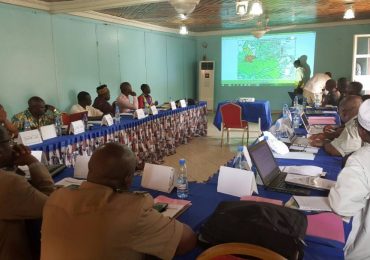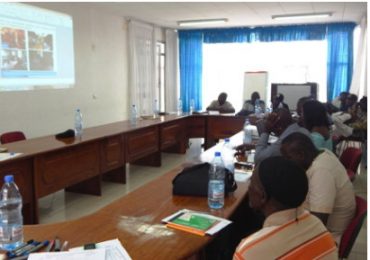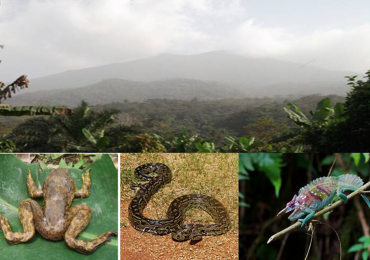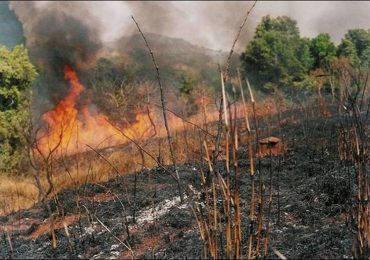
Government is advancing concerted assaults on companies caught polluting the environment with waste from their industrial activities or breaking other environmental laws. The Southwest Delegation of Environment and Protection of Nature (MNEPEDED), has since October 2009 bombarded nine companies with fines amounting to 52 million francs cfa for various environmental crimes. The crimes range from non-realization of environmental audit/impact assessment, to air, water and general environmental pollution.
By Ndimuh Bertrand Shancho
Small or big, the companies are coughing out the fines as befits their faults. Four months ago, Confex-Oil filling station at Mile 18 Muea road in Buea, paid 5 million franc cfa for spilling oil that polluted a well in neighbouring home. It was suspected that the spillage affected the Mile 18 water catchment, which provides potable water to over four communities in the area.
“Confex-Oil filling station has paid 3 million francs cfa of the fine and has promised to complete the rest by the end of the year,” said Set Ekwadi Songue, Southwest MINEPDED Delegate.
The Delegate said the Southwest Governor, Bernard Okalia Bilai, had in April 2015 put together a committee to investigate further into the spillage.
Meanwhile, the manager of Confex-Oil filling station, who refused giving his name, said the head of a nearby home had told him that his children had found oil in water drawn from the well and that is when he realised that there was a spillage.
The manager attributed the spillage to a technical fault with the station’s drainage machine which he said had been repaired, and a second drainage machine established to prevent any further spillage.
He, however, admitted that his company had paid 3 million francs for the spillage but refuted that they owed any amount contrary to the Regional Delegate’s pronouncement.
“Five million was just the upper limit of the range [of fine] and not the amount we were supposed to pay. The law states that when you commit such a crime, you pay a penalty ranging from 3 million to 5 million. We pleaded with the ministry and paid 3 million francs cfa and that is all. We do not owe the government any money,” the Confex-Oil branch manager said.
Along the scale of fines, Volcanic Water Bakingili on October 30, 2009 received a fine of 2 million for resisting the

carrying out of inspection.
In 2010, the pendulum swung on the Cameroon Development Cooperation (CDC). The corporation coughed up 22 million francs cfa for defaulting on environmental audits of its undertakings. It was only after this fine that the corporation in 2012 started carrying out environmental audits.
Then on October 17, 2011, SOCAEPE petrol station at Mile 14 in Buea was slammed a fine of 3 million francs cfa for not carrying out environmental impact assessment. The Cameroon Tea Estate (CTE) Tole, Buea, was tasked 5 million francs cfa on July 16, 2012 for no environmental audit.
In April and July 2013, it was the turn of Ndeh Poultry Farm, Missaka in Tiko and OPOC Petroleum SA-Mutengene. Ndeh Poultry Farm was charged 3 million francs cfa for not doing an environmental audit, while OPOC Petroleum received also a fine of 3 million francs cfa for no environmental audit and water pollution.
King David Square Hotel in Muea on April 23, 2014 was slammed a fine of 3 million francs cfa for no environmental audit. The Xionshi Company Limited, Ombe, was also been fined 3 million francs cfa for air pollution and for dumping toxic waste into the Ombe River, thereby polluting both surface and underground water.
The Southwest Delegate of MINEPDED, Set Ekwadi, remarked that of all the companies fined, besides the Confex-Oil filling station, only OPOC Petroleum, has paid its fine.
Meanwhile, the PHP Banana Company in Tiko has been shortlisted and may be punished for poor waste management.










